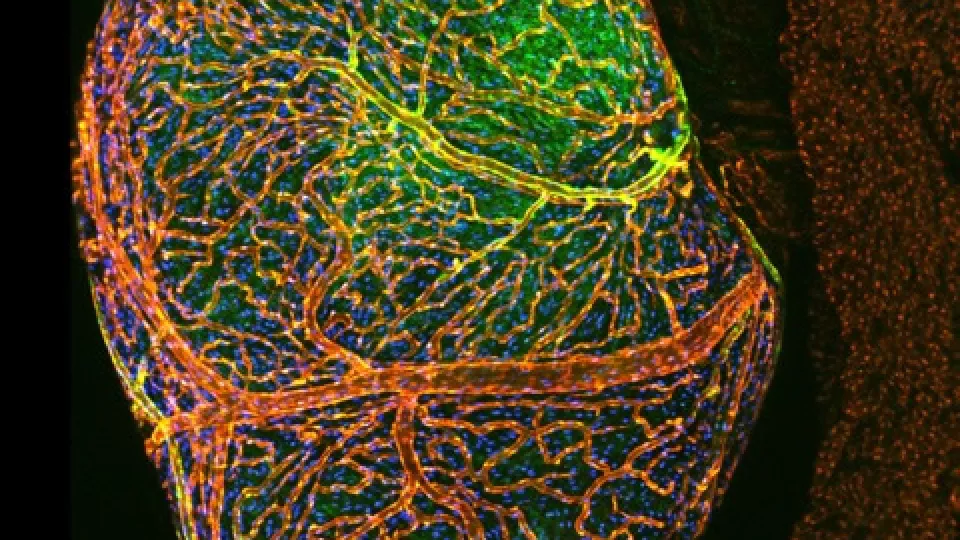
heart regeneration after injury
Heart disease is among the leading causes of death for both adults and children. A heart attack (or myocardial infarction) occurs when the heart is deprived of oxygen due to blockage of a coronary artery. Coronary arteries supply the heart muscle with oxygenated blood. Yet, the mechanisms that regulate coronary vascularization of the myocardium (the middle and thickest muscle layer of the heart wall) remain unknown.
Ching-Ling (Ellen) Lien, PhD, an investigator at The Saban Research Institute of Children’s Hospital Los Angeles , is using zebrafish as a model system to study developmental and regenerative processes of the heart. Her aim is to determine the molecular and cellular mechanisms of myocardial vascularization during heart development. Zebrafish have become an important vertebrate model for cardiovascular research not only because of their natural ability to regenerate, but also because of their transparency which allow researchers to observe the internal processes like blood vessel development.
“Our long-term goal is to use the mechanisms of zebrafish heart regeneration as a blueprint to design potential therapeutic approaches to enhance heart repair in humans,” said Lien, principal investigator and an assistant professor of surgery at the Keck School of Medicine of the University of Southern California.
The investigators expect that their research can lead to findings that will shed light on potential developmental causes of coronary heart disease and may enhance neovascularization (new blood vessel formation in abnormal tissue) in diseased human hearts in the future.
Co-investigators on the team include: Scott Fraser, PhD, and Megan McCain, PhD, both of the University of Southern California. Other collaborators include Mark Frey, PhD, of Children’s Hospital Los Angeles and Henry Sucov, PhD of USC. The research is supported by a grant from the National Heart, Lung, and Blood Institute of the National Institutes of Health.
Image: Courtesy of Ellen Lien, PhD, Children’s Hospital Los Angeles


